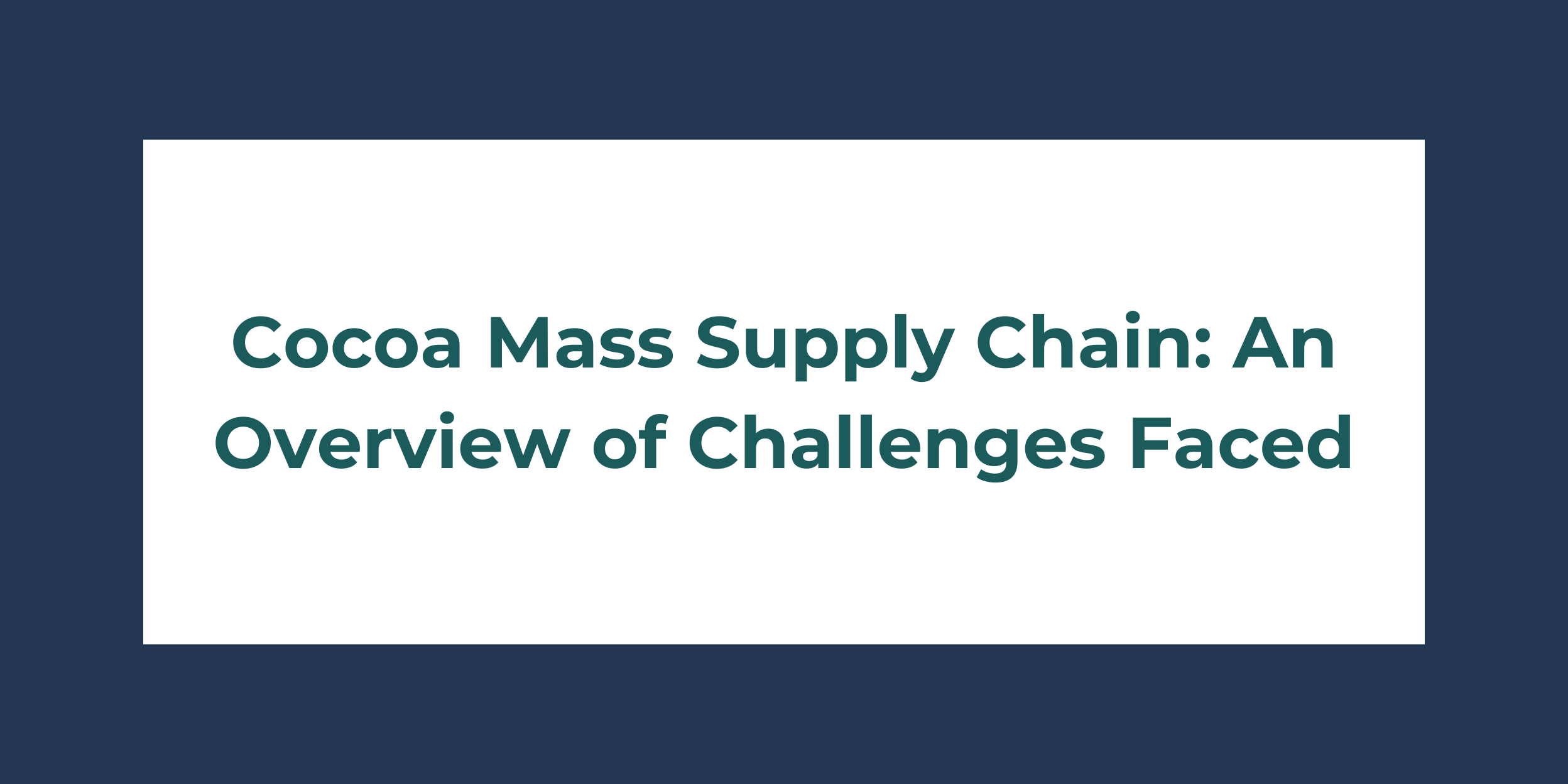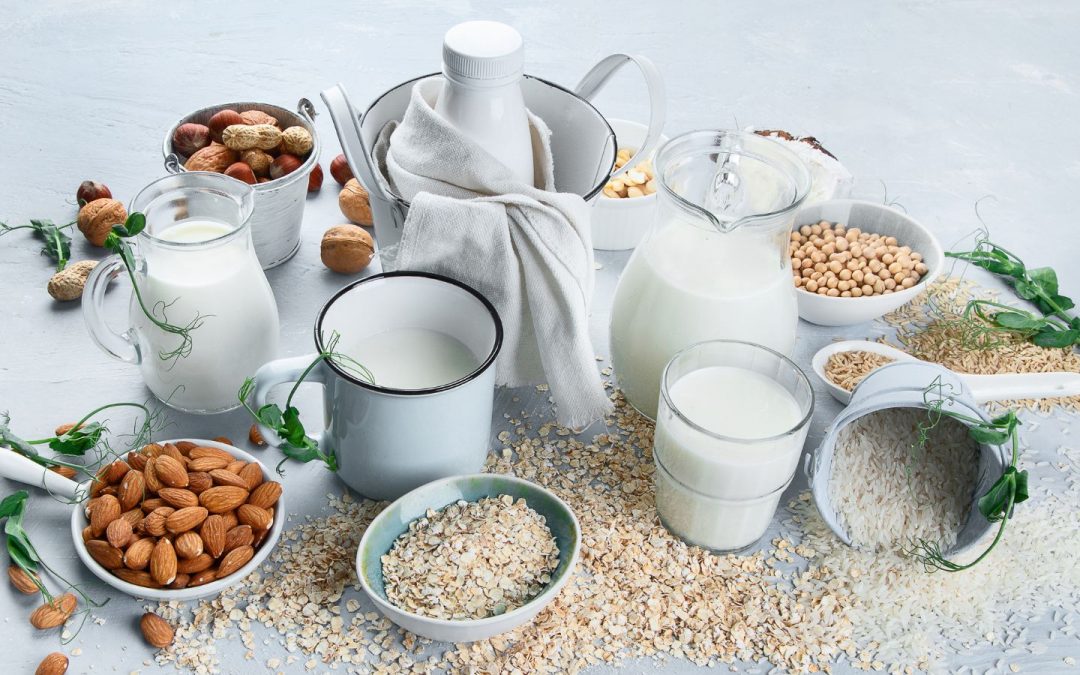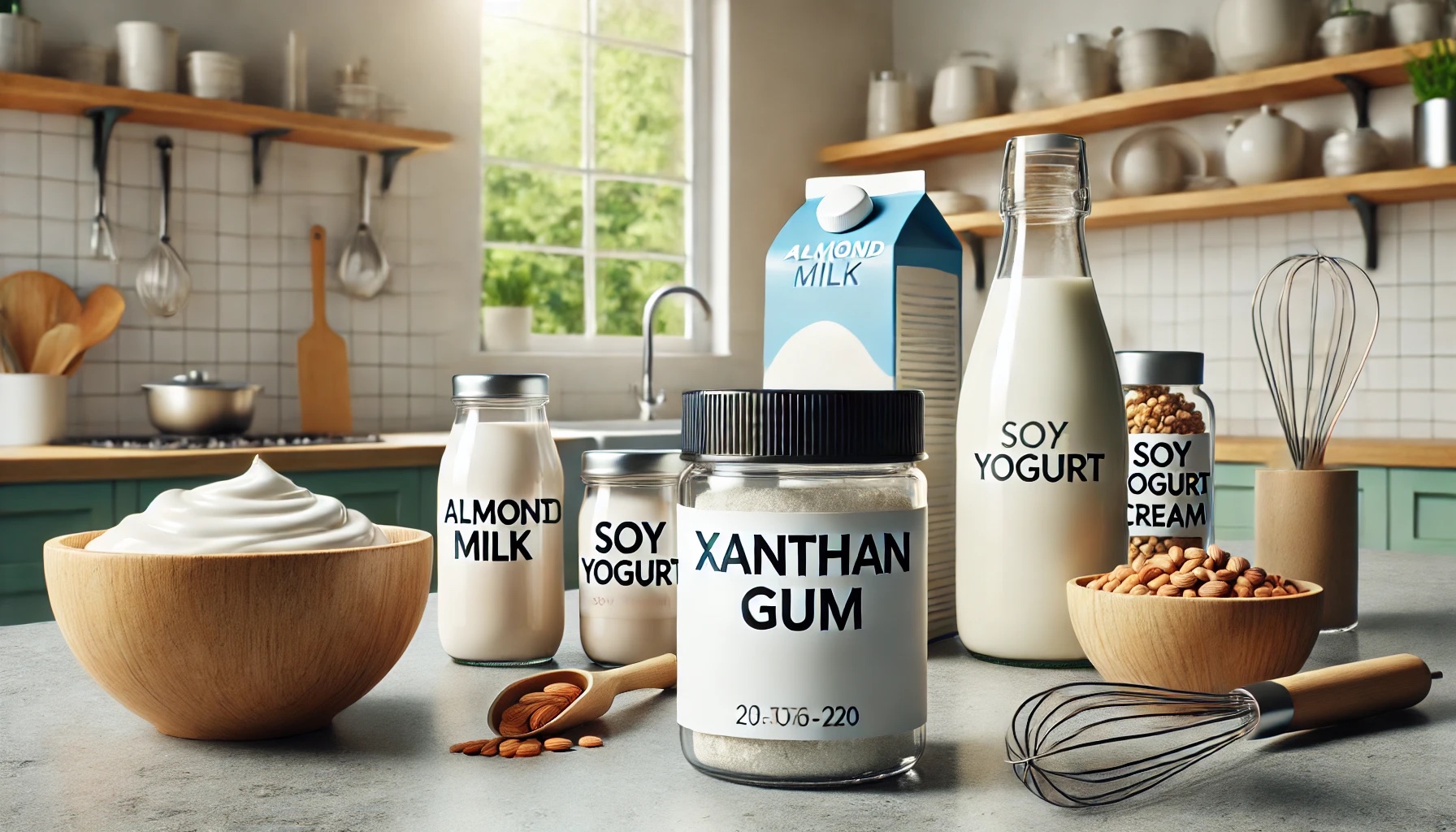The cocoa mass supply chain is a complex network that spans multiple continents and involves numerous stakeholders, from smallholder farmers to multinational corporations.
As the demand for high-quality cocoa products continues to rise, the industry faces a multitude of challenges that impact both the efficiency and sustainability of the supply chain.
This blog delves into the key obstacles that businesses encounter in the cocoa mass supply chain and explores potential solutions to enhance its resilience and sustainability.
1. Sustainability and Environmental Impact of cocoa mass supply chain
One of the most pressing challenges in the cocoa mass supply chain is sustainability.
Cocoa farming is often linked to deforestation, loss of biodiversity, and soil degradation.
The expansion of cocoa plantations into protected forest areas has led to significant environmental damage.
Additionally, climate change poses a serious threat to cocoa production, as rising temperatures and changing rainfall patterns affect the delicate balance required for cocoa cultivation.
To address these issues, many companies are investing in sustainable farming practices.
This includes promoting agroforestry, where cocoa trees are grown alongside other crops and trees, enhancing biodiversity and soil health.
Certification programs like Fairtrade and Rainforest Alliance also play a crucial role in ensuring that cocoa is sourced sustainably, providing a premium for farmers who adhere to environmental and social standards.
2. Economic Challenges for Farmers
Cocoa farming is predominantly carried out by smallholder farmers in developing countries.
These farmers often face economic hardships due to low and volatile cocoa prices, which can barely cover the cost of production.
Limited access to finance, lack of bargaining power, and inadequate infrastructure further exacerbate their financial instability.
To improve the economic conditions of cocoa farmers, various initiatives have been launched.
Companies are engaging in direct trade practices, ensuring fair prices for farmers. Additionally, providing access to financial services, such as microloans and insurance, can help farmers invest in their farms and mitigate risks.
Training programs focused on improving agricultural practices and business skills are also essential in empowering farmers to increase their productivity and income.
3. Supply Chain Transparency and Traceability
The complexity of the cocoa mass supply chain makes it challenging to ensure transparency and traceability.
Cocoa beans pass through multiple hands before reaching the final product, making it difficult to track their journey from farm to shelf.
This lack of transparency can lead to issues such as child labor, exploitation, and the adulteration of cocoa products.
Blockchain technology is emerging as a powerful tool to enhance traceability in the cocoa supply chain.
By recording every transaction on a secure and immutable ledger, blockchain can provide real-time visibility into the movement of cocoa beans.
This not only helps in verifying the authenticity of the product but also ensures that ethical and sustainable practices are followed throughout the supply chain.
4. Quality Control and Consistency
Maintaining the quality and consistency of cocoa mass is another significant challenge.
Variations in cocoa bean quality due to differences in cultivation practices, climate conditions, and post-harvest processing can affect the final product.
Ensuring consistent quality is crucial for manufacturers to meet consumer expectations and maintain brand reputation.
Implementing rigorous quality control measures at every stage of the supply chain is essential.
This includes educating farmers on best practices for harvesting and processing cocoa beans, as well as investing in advanced technologies for quality assessment. Regular audits and inspections can help identify and address issues early, ensuring that only the highest quality cocoa beans are used in production.
5. Logistical Challenges
The transportation of cocoa beans from remote farming regions to processing facilities poses significant logistical challenges.
Poor infrastructure, long transit times, and customs delays can lead to spoilage and increased costs.
Additionally, the risk of contamination during transport can compromise the quality of the cocoa mass.
Investing in infrastructure development, such as better roads and storage facilities, is critical to overcoming these logistical hurdles.
Employing efficient logistics management systems can streamline the transportation process, reduce delays, and minimize costs.
Collaborating with local governments and international organizations to improve infrastructure can also have a long-term positive impact on the supply chain.
6. Regulatory Compliance
Navigating the complex regulatory landscape of different countries can be challenging for companies involved in the cocoa mass supply chain.
Regulations related to food safety, labor standards, and environmental protection vary widely, requiring businesses to stay updated and compliant with multiple legal frameworks.
Developing a robust compliance strategy that includes regular training for staff, continuous monitoring of regulatory changes, and collaboration with legal experts can help companies navigate these complexities.
Additionally, participating in industry associations and working with certification bodies can ensure that businesses remain compliant with both local and international standards.
Conclusion
The cocoa mass supply chain is fraught with challenges that require concerted efforts from all stakeholders to address.
By focusing on sustainability, improving economic conditions for farmers, enhancing transparency, maintaining quality, optimizing logistics, and ensuring regulatory compliance, businesses can build a more resilient and sustainable supply chain.
As consumer demand for ethically produced cocoa continues to grow, companies that proactively tackle these challenges will not only contribute to a more sustainable future but also gain a competitive edge in the market








